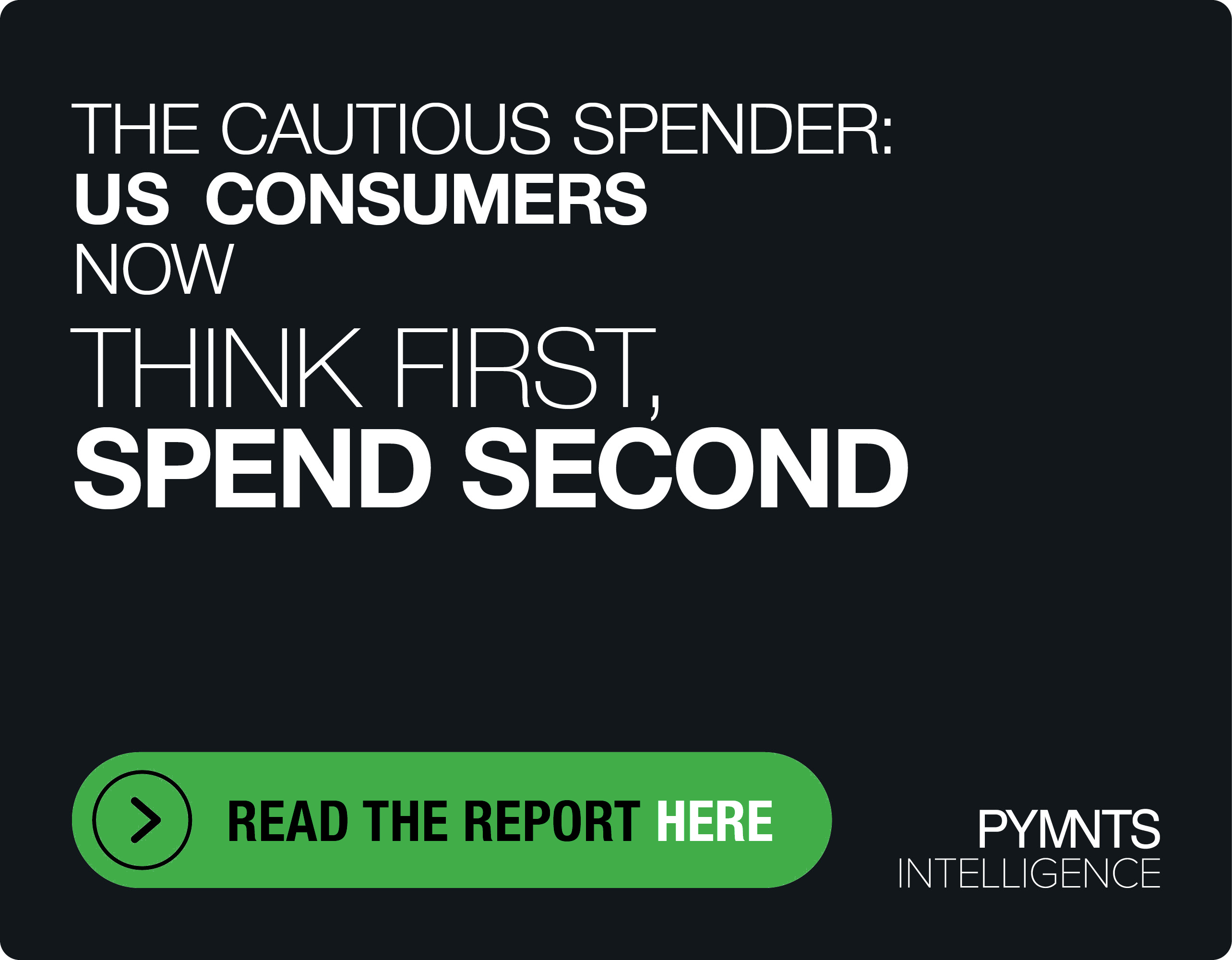Deliveroo Stock Price Returns to IPO Levels After Long Climb Back

Food delivery company Deliveroo finally returned to its IPO price (390 pence, or about $5.40), almost five months after the company struggled out of the gates in public trading in March, completing a surge of more than 70 percent since it bottomed out in April.
The price closed Monday on the London Stock Exchange at 388.80 pence.
The jump was perhaps aided by a court ruling in Deliveroo’s favor by a British court, which said in June the company’s drivers are self-employed. Deliveroo has also seen a recent surge in sales and a 5.1 percent investment by German rival Delivery Hero.
Related: Deliveroo Aims To Be First Choice For ‘Spontaneous’ Groceries
London-based Deliveroo aims to be the first choice for last-minute purchases made by customers. The company’s on-demand grocery business grew to 7 percent of the total gross transaction volume, up from 5 percent since the first half of 2020.
Deliveroo partners with more than 9,000 sites around the globe. In the last year, Deliveroo saw its grocery presence grow 50 percent to 1,800 sites in the United Kingdom and Ireland.
Recent PYMNTS data finds 57 percent of U.S. shoppers order groceries online. This includes more than two-thirds of Gen Z shoppers and bridge millennials and 63 percent of millennials. According to PYMNTS research, 46 percent of consumers across age groups are buying more groceries online than they were before the COVID-19 pandemic.
Read more: Delivery Hero Buys Stake In Rival Deliveroo
Delivery Hero, which returned to Germany in May, is now in about 50 countries, with the bulk of its business in Asia through its foodpanda brand.
Since 2016 when the company sold Hungryhouse to Just Eat, Delivery Hero has not operated in Britain, though Britain is Deliveroo’s largest market.
It owns 37 percent of Spain-based Glovo.
See also: Deliveroo’s IPO Flopperoo Driven By Workforce Regulation Changes
Deliveroo has about 100,000 drivers to deliver food from about 115,000 restaurants and grocers. The Amazon-backed delivery service saw its share price plunge 30 percent on its first day of trading back in April of this year.
